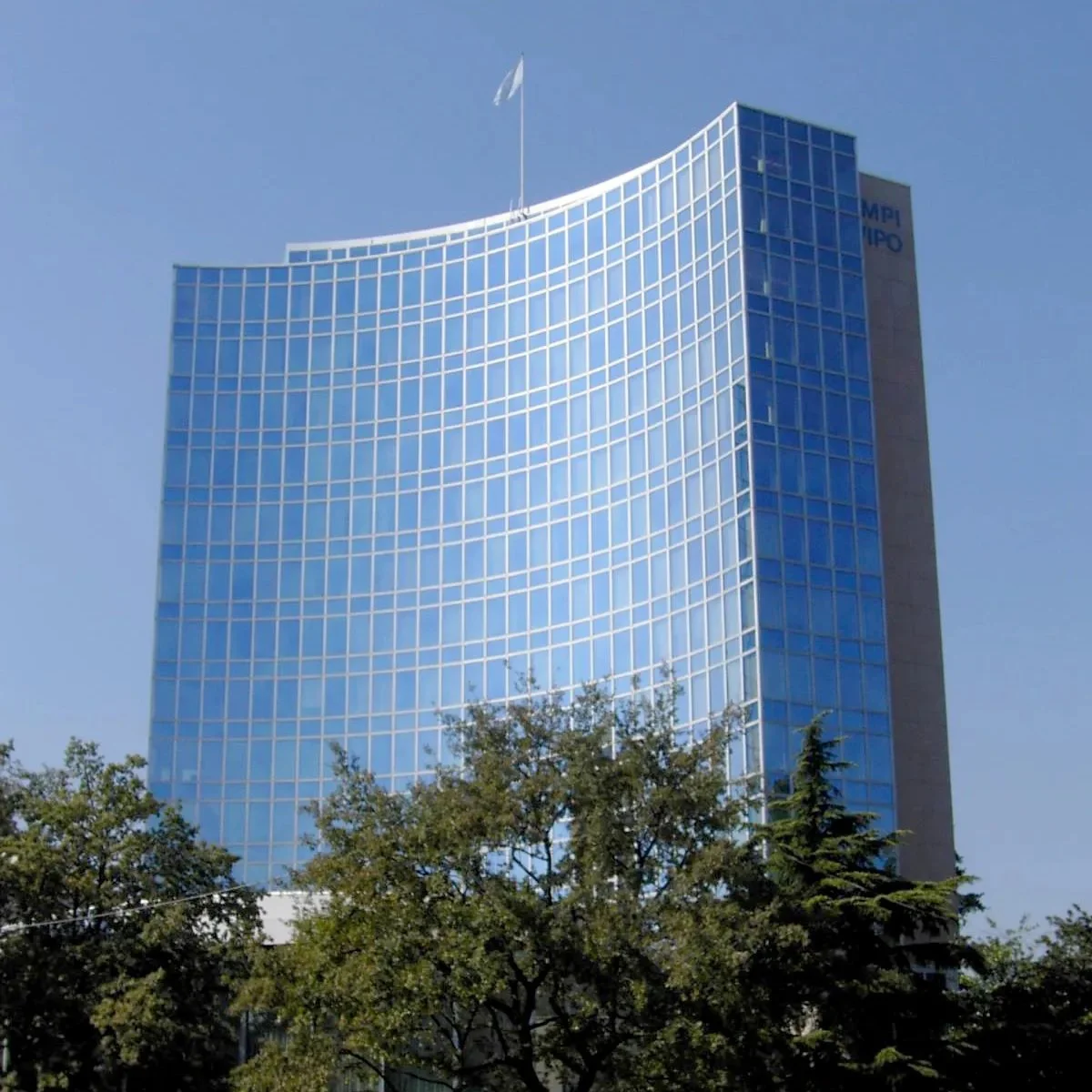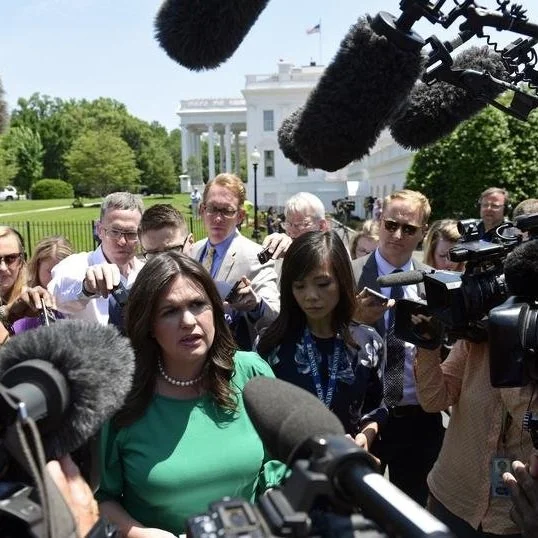General Assemblies
The General Assembly is the primary policy-making organ of the United Nations and plays a pivotal role in the representation of global nation-states in various critical matters of world politics. These nation-states work effortlessly via cooperation and diplomacy to construct resolutions detailing solutions to pertinent global issues, while also tending to their administrative responsibilities, which include overseeing the United Nations budget, appointing members to the Security Council, and selecting the Secretary-General.
Economic and Social Councils
The Economic and Social Council (ECOSOC) was established in 1945 and is one of the six main organs of the United Nations. It is responsible for coordinating the UN and Specialized Agencies’ economic and social work. The council makes recommendations and fosters debates related to sustainable development, industrialization, technology, international trade, and social welfare, among other topics.
Specialized Agencies
The Specialized Agencies are unique committees that combine the intricacy of the General Assemblies with the creativity and innovation of the Crisis Committees. Specialized Agencies will require delegates to be highly familiar with the substantive context of their topic while being prepared for dynamic changes in the situations at hand. These committees encourage an approach to topics from different perspectives, as well as a collaborative and creative take on developing a stable path for the future.
Crisis Simulations
Crisis Simulations are fast-paced, creative committees that require delegates to think quickly on their feet. Delegates in Crisis Simulations are expected to quickly adapt to the dynamic nature of the committee, therefore requiring delegates to be highly familiar with the substantive content of their committee. These committees encourage delegates to wholly engage with nuanced, complex topics of discussion to stimulate the ever-evolving nature of the United Nations.


























